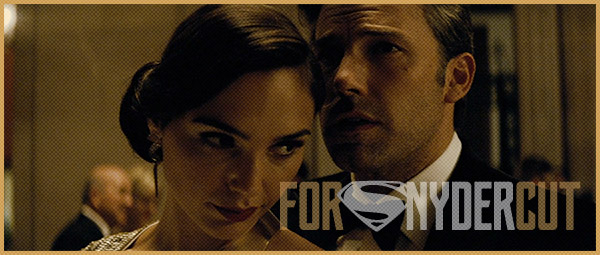
The Curious Case of Justice League by Claire MARCEL
January 2018. A New Year.
Two months passed since “Justice League”, Warner Bros’ superhero team-up was released in theatres. The hectic production of the movie resulted in depriving Zack Snyder, (the director of the film) from major artistic freedom as the studio executives curbed his vision by hiring Joss Whedon (“The Avengers”) to add his own flavour to the project. This decision was took prior to the private tragedy that lead Snyder to leave the production of his own film. These unfortunate circumstances were used by WB and the executives in charge of DC films to publicly announce Whedon’s involvement. It was decided that in addition to the principal photography completed by Snyder, Whedon would reshoot some of the existing scenes and add his own material by writing new scenes. In additions to those new elements, composer Junkie XL (who worked with Hans Zimmer on “Batman v Superman”), initially attached to scoring “Justice League” got replaced by Danny Elfman on Whedon’s demand. In the light of those informations, many fans expressed their worries on social media. WB responded by reassuring the fans that Whedon’s involment would not drastically change the tone of the film and that he would respect Zack Snyder’s vision while he was in charge of completing the film in post production.
By doing so, the studio had hopes that “Justice League” would attract a broader audience and be a family friendly experience. The aim was to recede from the more complex, serious and adult elements set previously by Snyder with “Man of Steel” and “Batman v Superman: Dawn of Justice.
November 2017.
Shortly after “Justice League”s release, some fans started a petition, demanding a Zack Snyder cut and voiced their disappointment on various social media platforms. Not because they disliked the film, but rather to express their disappointment as the theatrical product heavily reflected Whedon’s involvement. Indeed, the 2-hour long film is an uneven, unbalanced mixture of Snyder’s residual footage and Whedon’s contribution. The petition quickly met success and was shared by fans, moviegoers and even professionals from the film industry.
The curious case of Justice League is a valuable lesson. Why are people asking for a Snyder Cut? Today, the superhero genre holds a considerable place in the film industry. Variety, uniqueness and artistic freedom are essential to film, as a form of art. Directors should be able to express their vision and have an adequate amount of artistic freedom. One genre should be composed of different voices, styles and aim to tell the different story, convey different emotions and multiple goals. By attempting to produce generic, formulaic films that aim to please the largest audience possible, studios stray away from what art is: the pursuit of creating worlds and characters, expressing and provoking emotions, sharing a personal vision, inspiring people and engaging a discussion.
Share the post "The Curious Case of Justice League by Claire MARCEL"
